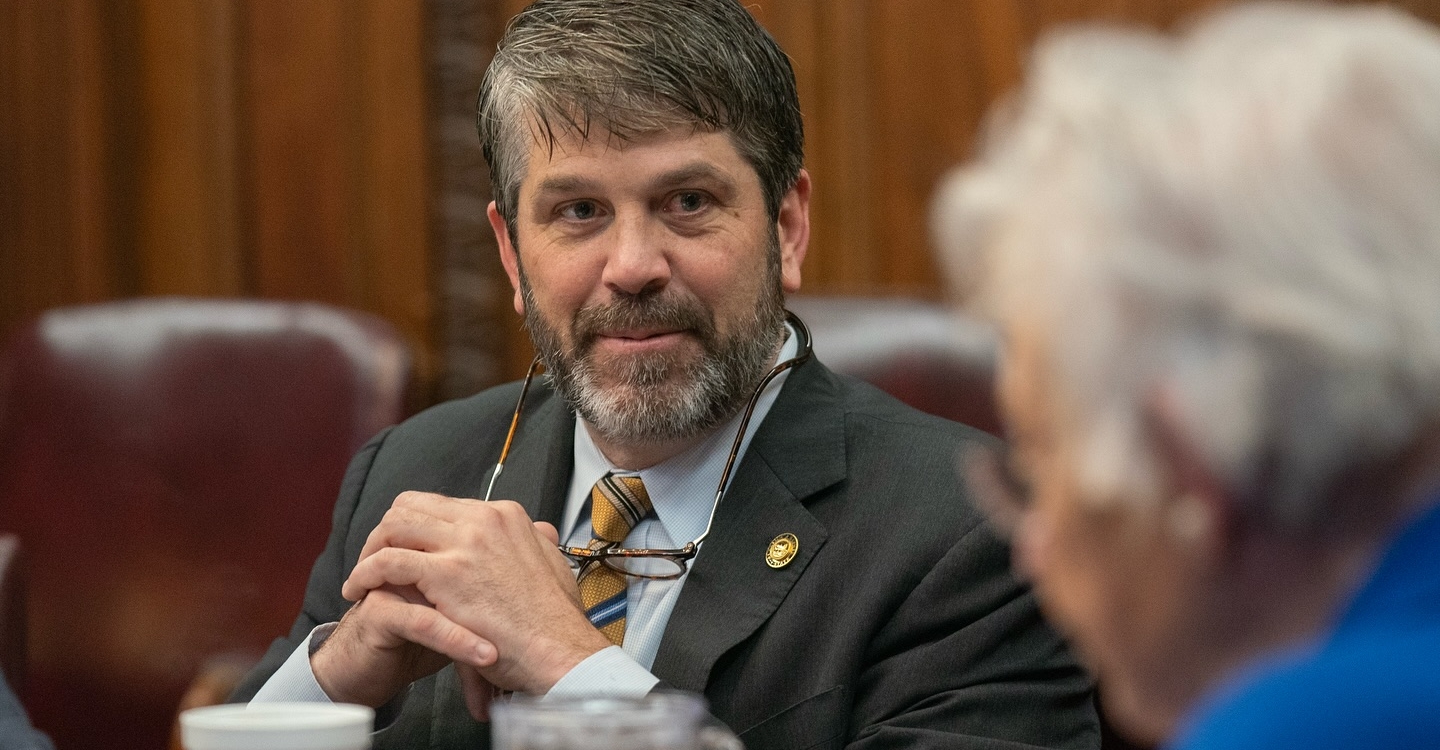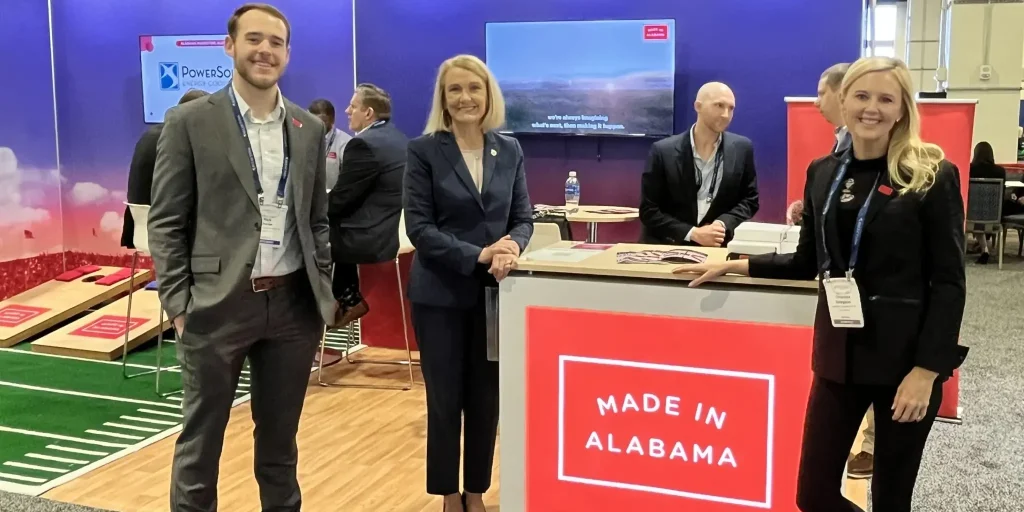During the 2025 regular session of the Alabama Legislature, lawmakers have worked hard to address the needs and issues in every portion of our state – from the Gulf Coast to the Tennessee Valley, from the Wiregrass to the Blackbelt, from the big cities to the small towns, and in all points in between.
But Alabama’s rural areas have their own unique challenges that must be met, tackled, and resolved, and as leader of the Alabama Senate, I have spent much of my time bringing laser-like focus to accomplishing this mission.
I am proud of the significant progress we made this session on issues directly affecting rural Alabamians, and among those accomplishments are:
Rural Hospital Investment Act
Far too often, for example, headlines detail the closing or rolling back of services at rural hospitals across the state, and access to healthcare in less developed portions of Alabama is becoming increasingly limited, so the Legislature took action this session and put in place a commonsense, free market solution that will soon begin to provide relief.
Since 2011, more than a half-dozen rural hospitals in Alabama have been forced to close as a result of funding issues, and out of the 52 remaining, roughly half are considered to be at risk of closure.
It is estimated that close to 20 rural hospitals could shut their doors any day.
That is why we have created the Rural Hospital Investment Tax Credit, which allows individuals, businesses, and corporations to receive 100% tax credits for donations they make to rural medical centers located here.
Based on a program in Georgia that has generated approximately $430 million since its creation, the tax credit serves as an incentive for those willing to invest in our rural communities and the healthcare needs of those who reside in them.
Saving rural and small-town pharmacies
Similarly, independent pharmacies in rural Alabama have struggled for years due largely to the fact that long-standing rules and regulations in place have been stacked against them.
Pharmacy benefit managers, which are commonly known as PBMs and oversee the prescription drug programs for large insurers, have often forced independent druggists to sell some medicines at prices less than the costs to acquire them.
Everyone understands that consistently selling a product for less than you bought it is a recipe for bankruptcy, closure, and economic failure, but small-town drugstores in every rural area of the state were forced to do exactly that under the regulations.
It resulted in dozens of Alabama’s independent pharmacies being forced to go out of business over the past two years alone.
To solve the problem, the Legislature passed the Community Pharmacy Relief Act, a pro-business measure that simply levels the competition for pharmacies of all sizes ranging from hometown, mom-and-pop storefronts to the largest retail drug chains.
Most importantly, it shields consumers from having to pay higher costs at the cash register for the medicines they need to remain healthy and survive.
Small independent pharmacists are among the most trusted and respected individuals in our communities, especially in the rural parts of Alabama, and it is our job to ensure they operate under fair and impartial regulations.
Health coverage for Alabama farmers and the self-employed
Rural farmers in every community, town, and crossroads in Alabama work hard every day so their families may feed our families, and far too often they struggle to find affordable health insurance coverage, which is important when the agricultural industry traditionally operates on a financial razor’s edge.
One small farm operation reported paying as much as $2,500 a month for basic family coverage, an unsustainable long-term expense that amounted to three times their monthly mortgage payment.
In order to provide a measure of relief and a workable option, the Legislature authorized the Alabama Farmers’ Federation to offer its members an affordable healthcare program that mirrors those in 10 other states and provides coverage at premiums that are 30% to 60% less than comparable insurers.
While the insurance program does not fit every consumer’s needs and is perhaps best suited for the niche farm family market, it does provide a needed and literal lifeline to those in the agricultural field who need it.
Powering Growth in rural Alabama
This Legislature also passed the “Powering Growth” legislative package, which seeks to ensure that Alabama will always be able to meet increasing demands for energy while, just as importantly, bringing new jobs, hope, opportunity, and economic development to the portions of rural Alabama that need them most.
Rather than using a government program or bloated bureaucracy to meet these needs and open these doors, the package simply removes roadblocks that currently impede the private sector so it can put people to work and keep Alabama’s economy — in areas both rural and urban — strong and recession-resistant.
We are continuing and even boosting funding for rural broadband expansion across the state, and the Legislature has called upon the Alabama Growth Alliance to develop a detailed Rural Roadmap initiative that will serve as a coordinated plan to develop, revitalize, and breath new life in to rural communities in every pocket of the state.
Providing a strong voice for rural Alabama
As lawmakers, we understand the importance of Alabama’s rural roots in its history and cultural traditions, and we are taking the solid steps necessary to keep our rural areas strong and healthy so they continue contributing to the economic vitality of our state.
Standing tall for rural Alabama, its communities, its businesses, and its families is a job that we take seriously, and as long as I remain the leader of the Alabama State Senate, it is a duty we will fulfill.
Garlan Gudger is a small business owner. He currently serves as President Pro Tem of the Alabama State Senate, representing District 4, which includes portions of Cullman, Marion, and Winston counties.











